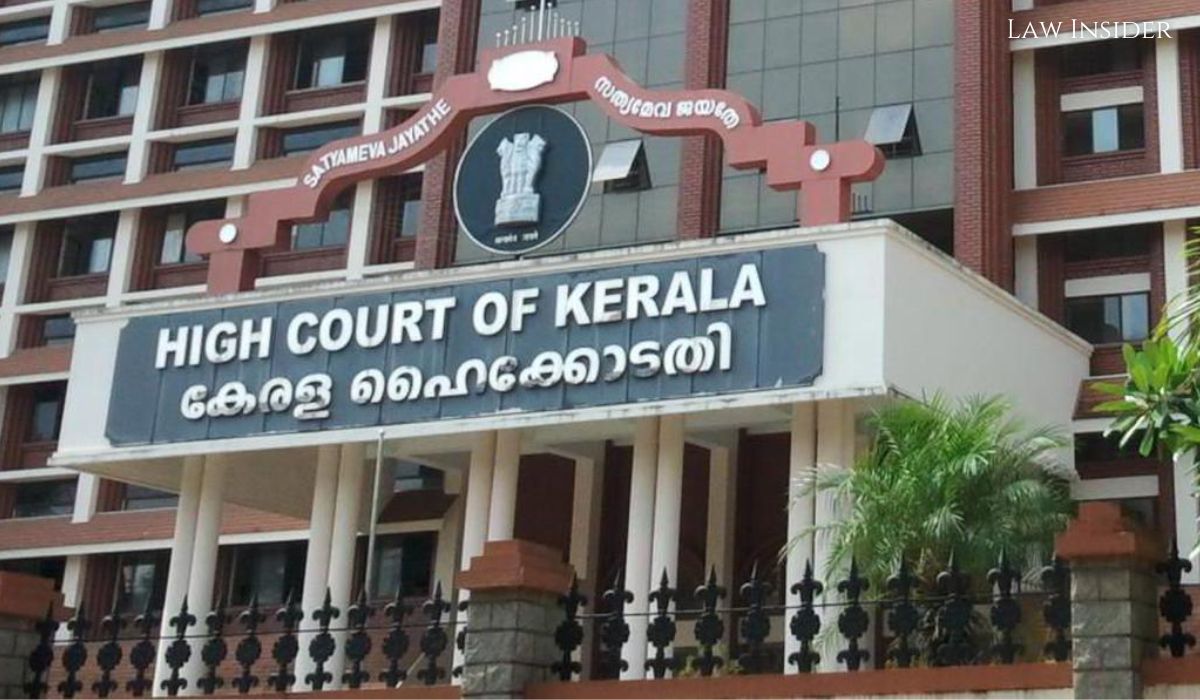Savvy Thakur
Published on: 19 November 2022 at 18:08 IST
The Kerala High Court ruled that a default bail application submitted electronically via e-filing can be considered for bail and that the court need not insist on the application being submitted in person.
Because the judiciary is moving toward making e-filing mandatory in all courts in the country, single-judge Justice A. Badharudeen stated that courts cannot ignore such e-filed applications.
“How can a court ignore an application filed through e-filing mode to hold that there was no petition filed within time for lack of production of physical copy of the same within time,” the Court stated in its judgment.
“Since this is the situation, how can a court ignore an application filed through e-filing mode?”
The Court noted that even an oral application would satisfy the requirement for default bail because the legal position is established.
“No doubt, in such a case involving the question as to whether the accused filed an application for statutory bail within time, by filing the same in e-filing mode, it has to be held that the accused expressed his preparedness to be released on statutory bail within time and to furnish bail, by filing application for bail through the e-filing mode,” the Court stated.
“The accused expressed his preparedness to be released on statutory bail within time,” the Court added.
According to Section 167(2)(a) of the Code of Criminal Procedure, the Court is obligated to inform the accused of their legal right because it is an essential right to personal liberty guaranteed by the Indian Constitution.
A plea was being considered by two men who were alleged to have brutally beaten and then killed two men, one of whom belonged to a scheduled tribe.
They filed a petition with the High Court challenging the decision of a Special Court for the Trial of Offenses under the Scheduled Castes/Scheduled Tribes (Prevention of Atrocities) Act, 1989, which rejected their request for default bail.
Due to the absence of a physical copy of the application prior to the prosecution’s submission of the final report, the Special Court had declined to issue bail.
The petitioners argued that the fact that they had submitted their online and timely applications for statutory bail should have been taken into consideration by the Special Court.
According to the Court’s interpretation of Section 167(2)(a) of the CrPC, the most important consideration is whether the petitioners—the accused—were willing to post bail before the final report was filed after the 90-day deadline.
It then, at that point, went through the judgment in Rakesh Kumar Paul v. State of Assam in which the zenith court had held that whether the charged makes a composed application for default bail or an oral application for default bail is of no outcome.
It had also noted that petitions for writs of habeas corpus and other writs were granted even on the basis of a letter addressed to the Chief Justice or the Court in the top court’s and other Constitutional courts’ personal liberty jurisprudence history.
The Court found that the application for statutory bail was submitted electronically one day before the charge sheet was submitted in the current case. However, it was actually presented to the court on October 11, 2022, at 11 a.m., in a case where a charge sheet had already been filed at 10 a.m.
The High Court held that in such a circumstance, the e-filed application for statutory bail should have been considered by the Special Court.
As a result, it overturned the Special Court’s decision and granted the petitioners bail subject to certain conditions.

